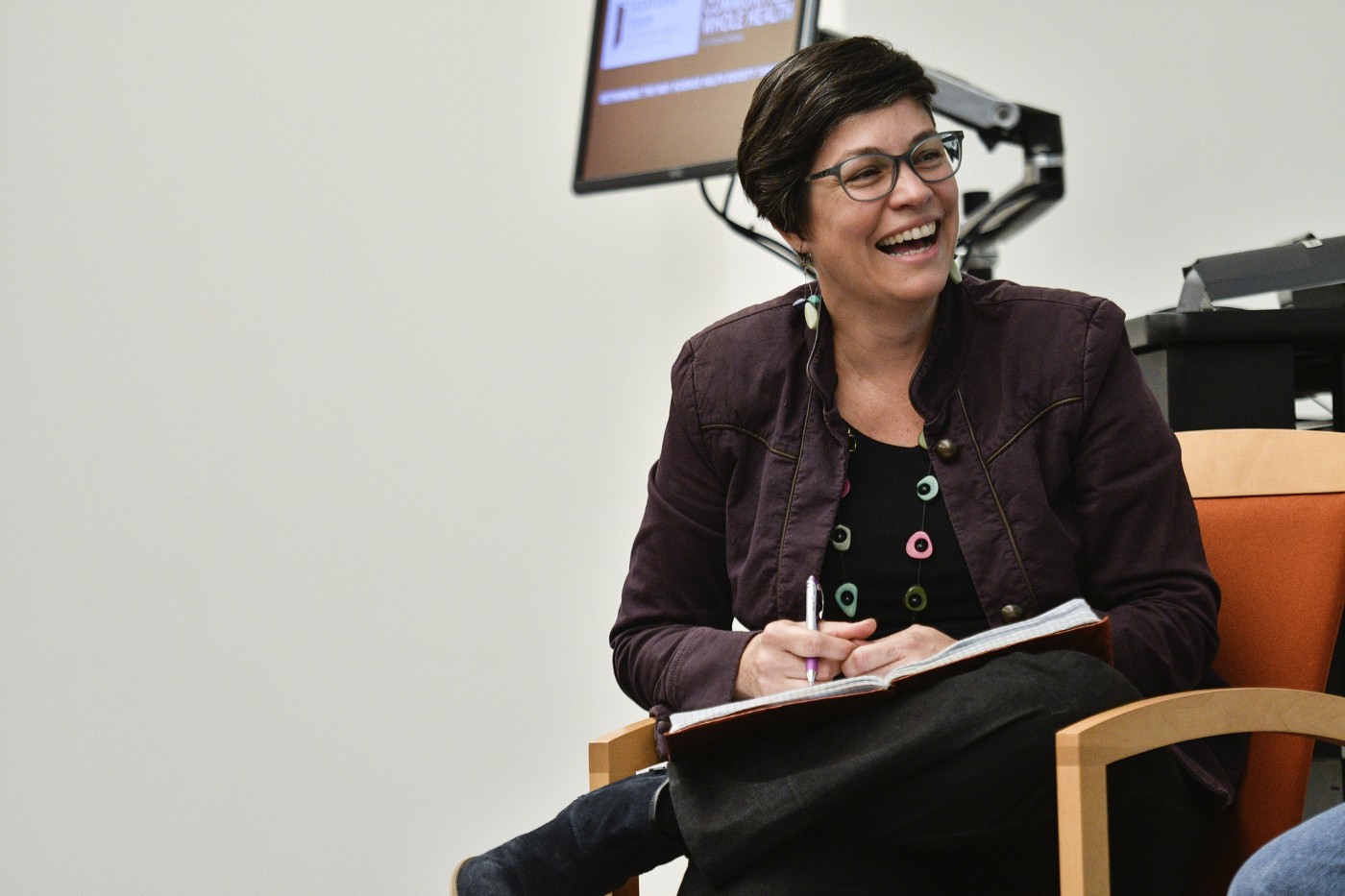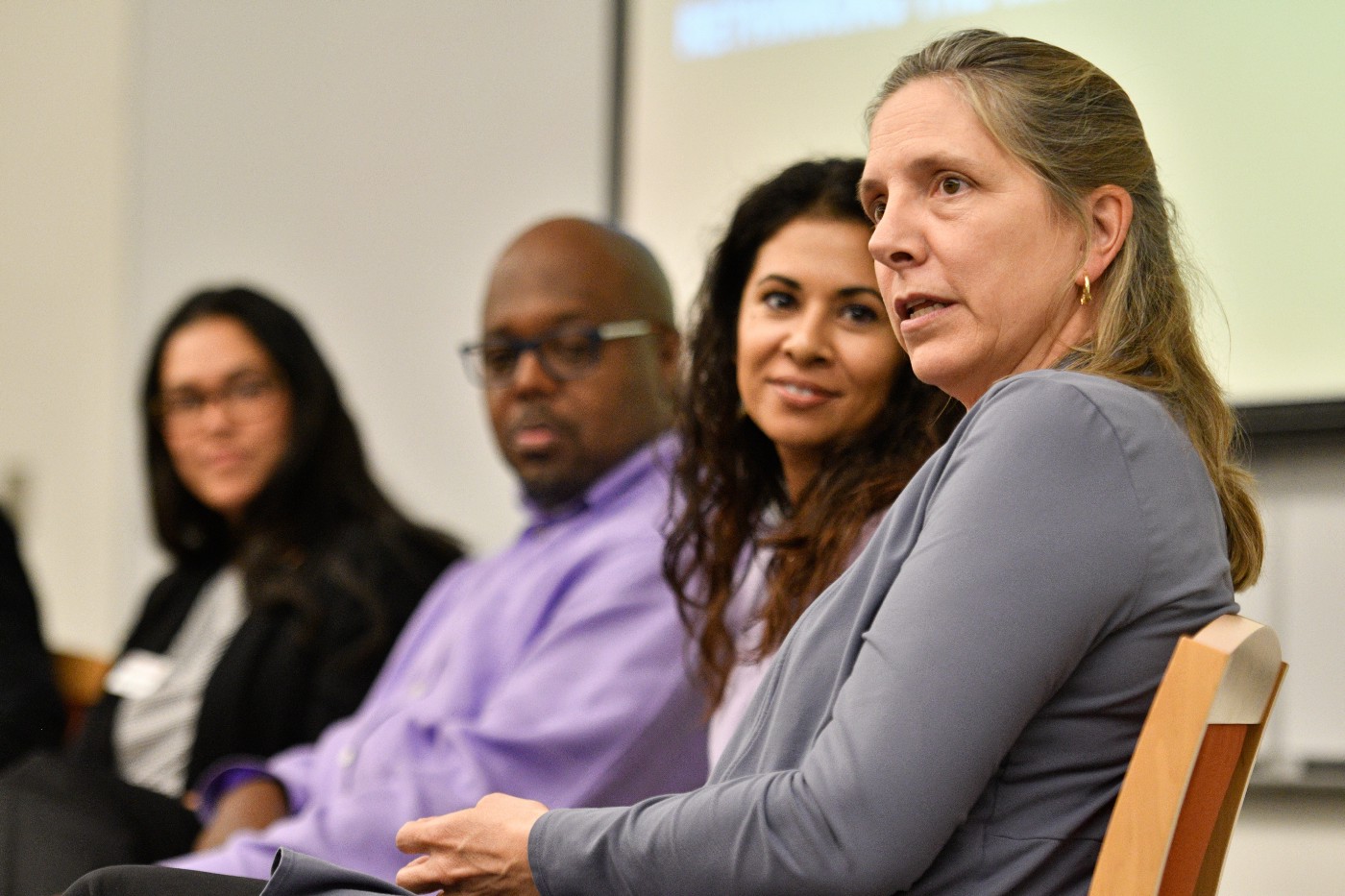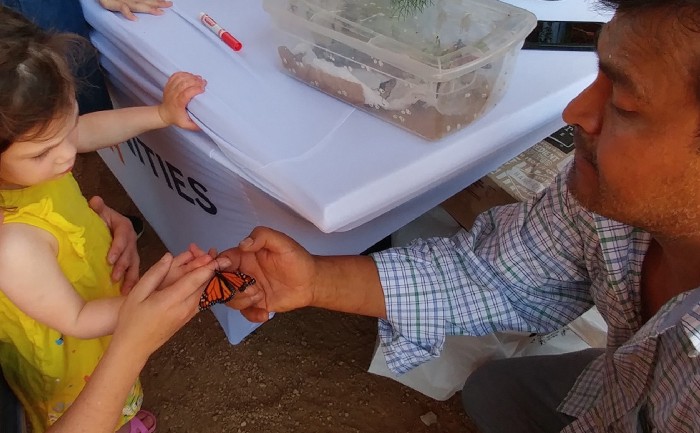Relationship building. Sometimes this phrase seems trite, or as my mom would say: “¿con qué se come eso?” (“What do you eat that with?”) That was her shorthand for asking how something was useful or how it would solve a problem. Seldom do we talk about what drives creating, nurturing, and being in relationships, and — more important — how talking about this is useful to achieving shared goals.

Of course, it gets more complicated when we talk about science and research. Research can seem like a solitary enterprise (my brain and my team) or as an elitist quest (leave it to the experts). But it need not be.
When I joined Whole Communities–Whole Health, I was intrigued by the idea of putting science to work in service to society. In order to accomplish this grand challenge, we have to think beyond individual research goals and easy-to-fund pet projects. In order to do work that matters in the lives of real people, we have to develop and sustain relationships with those who are in the best position to put new information to work.
My colleague here at UT, Darla Castelli, professor of kinesiology and health education, puts it succinctly: “It’s important to me that our research doesn’t end up in a filing cabinet.” Because we (the research team) know we cannot be everything to everyone, that means we need to find partners that we can pass the knowledge baton to — partners who can take it and run with it all the way to problem solving, policy making, or program development. And Darla is clear about one thing: “When you put community engagement first, the process is anything but linear.”
One of our community partners, Dr. Charles Moody, founder and CEO of Community Coalition for Health, reminds us that “relationship-building takes time and investment. Relationships are the door to having research and information make a difference in real life. Community engagement is not ‘we did a focus group.’ Rather, we need to leverage existing relationships and find community watering holes. Don’t try to bring them into your world — go into theirs.”

For scientists, building relationships means getting out of our heads and into our hearts. It means bringing our full self to the way we go about our quest to understand the world.
“Community engagement is not ‘we did a focus group.’ Rather, we need to leverage existing relationships and find community watering holes. Don’t try to bring them into your world — go into theirs.”
Kerry Kinney, an environmental engineering professor on our Whole Communities–Whole Health team, tells a story about when she learned that relatively easy changes could improve indoor air quality and health in schools with fewer resources: “Disparity makes me angry. I got into environmental engineering to help people, but I wanted to see a more direct connection between the research I do and people’s lives. But in my earlier work, I never asked communities what they thought.”
She says this opportunity to connect the dots between the latest scientific advances and their practical application is why she joined our grand challenge team. “As scientists, we have to get out of our comfort zone. We have to take our work home with us and start asking questions.”
Scientists are sometimes discouraged from community-engaged research. We’re told that we compromise the quality and rigor in our work if we do it. To that, I say, the burden of rigor is on the researchers, not on participants or community collaborators. In fact, we are not just doing this for that warm feeling in our belly. Making community engagement central to our work actually makes our research better. We gain better perspectives on what questions matter. We develop better strategies for collecting data. And we can better understand our findings and their implications for better solutions.
“Relationships are the door to having research and information make a difference in real life.”

Our community partners have important questions to answer, and they need them answered now, not later. Helen Dunne Garcia, a principal at an elementary school just outside Austin, puts it this way: “I firmly believe that our students are going to do well if they are healthy. I believe in going beyond academics to healthy eating, mental health, and family support.” She’s working with our Whole Communities–Whole Health grand challenge team and says that what drew her to building a relationship with us was “the ability to receive feedback in real time. I didn’t want to wait eight years just to find out that my students aren’t healthy. I already know they need support. I want to learn how to help and support them right now.”

